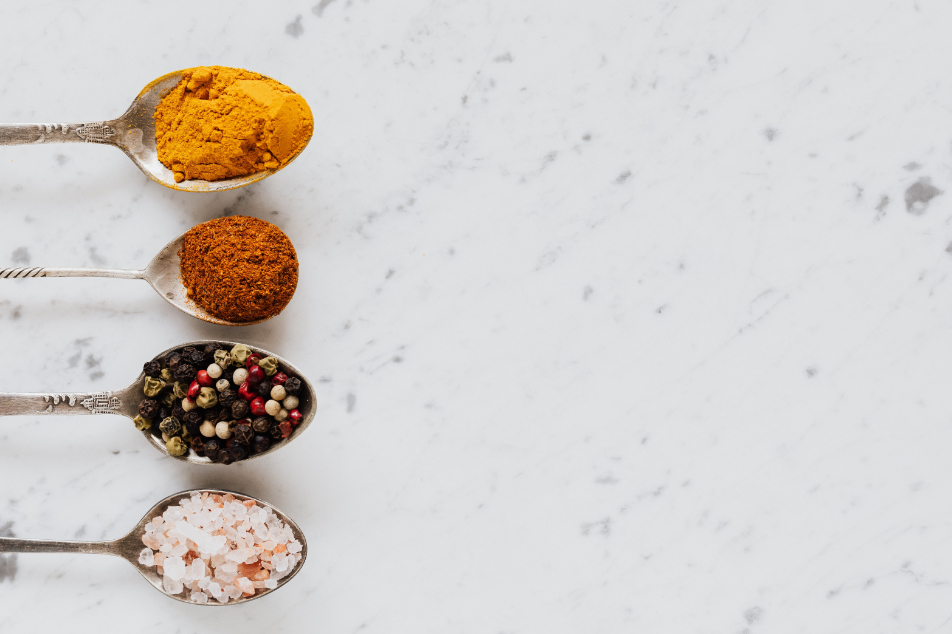
Lemons: The Fruit That’s So Sour, It’s a Sour-prise
What do you call a lemon that’s been hit by lightning? A sour-prise.
Lemons are a tangy and versatile fruit that adds flavor and health to any dish. They are known for their bright yellow color and their acidic, tangy flavor. Lemons are a good source of Vitamin C and also contain flavonoids, which are antioxidants that have been found to have various health benefits such as reducing the risk of heart disease, cancer and diabetes. Lemons can be used in a variety of ways, from being consumed as fresh lemon juice, lemon zest, or lemon oil, to being used in a variety of dishes such as marinades, dressings, and desserts. Lemons can also be used as a natural cleaner and in home remedies for a variety of conditions. Whether you’re looking to boost your nutrient intake, support your health, or just enjoy a delicious and unique citrus flavor, lemons are a great choice. So, don’t be afraid to add some lemons to your diet, it will give you a boost of flavor and health.
Lemons are a type of citrus fruit that is native to Asia. They are a popular fruit around the world and are known for their sour flavor. Lemons are a good source of vitamin C, potassium, and fiber. They also contain other vitamins and minerals, such as vitamin A, folate, and calcium.
Lemons can be eaten fresh, juiced, or used in cooking. They are a popular ingredient in many dishes, such as lemonade, lemon meringue pie, and lemon chicken. Lemons are also used in cleaning products, such as furniture polish and floor cleaner.
Lemons are a healthy and versatile fruit that can be enjoyed in a variety of ways. They are a good source of nutrients and can help to boost the immune system, protect against chronic diseases, and promote heart health.
Here are some of the health benefits of lemons:
- Good source of vitamin C: Lemons are a good source of vitamin C, which is an antioxidant that helps to protect the body against damage from free radicals. Vitamin C is also important for the immune system.
- High in potassium: Lemons are high in potassium, which is an important mineral for regulating blood pressure.
- Good source of fiber: Lemons are a good source of fiber, which can help to regulate digestion and prevent constipation.
- Other vitamins and minerals: Lemons also contain other vitamins and minerals, such as vitamin A, folate, and calcium. Vitamin A is important for vision and the immune system. Folate is important for pregnant women. Calcium is important for bone health.
Lemons can also be used for a variety of other purposes, such as:
- Cleaning: Lemon juice can be used to clean surfaces, such as countertops and floors. It can also be used to remove stains from clothing and carpets.
- Deodorizing: Lemon juice can be used to deodorize areas, such as the refrigerator and garbage disposal.
- Moisturizing: Lemon juice can be used to moisturize the skin and hair.
- Relieving insect bites: Lemon juice can be used to relieve the itching and swelling of insect bites.
- Lemons are a versatile fruit that can be used for both culinary and medicinal purposes. They are a healthy and delicious way to add flavor and nutrients to your diet.
Benefits of eating lemons
-
Rich in vitamin C and hence boosts immunity.
-
Contains pectin and rich in fiber that helps digestion.
-
It can balance and maintain the pH of the body.
-
Helps in flushing out toxins.
-
Good source of potassium, calcium, phosphorus and magnesium.
-
Prevents growth of pathogenic bacteria.
-
Dissolves uric acid and reduces inflammation of joints and knees.
-
Helps to treat common cold.
-
Improves the health of brain and nerve cells.
-
Strengthens liver.
-
Relieves heart burn.
-
Maintains the health of eyes and relieves eye problems.
-
Excellent for skin health, prevents acne and wrinkles.
-
Replenish body salts after strenuous exercise.
-
Helps in treating scurvy and kidney stones. Source: http://www.rxlist.com/lemon/supplements.htm
Interactions of eating lemons
-
There is a possibility for lemon to be related to pummelo and can interact with CYP450. Source: http://www.consumer-health.com/services/cons_take14.php
-
Lemon juice can interact with chloroquine. Source: http://www.livestrong.com/article/329716-health-risks-of-lemon-juice/
-
Lemon may interact with statins. Source: http://www.livestrong.com/article/528097-do-lemons-affect-cholesterol-medications/
-
Lemon can interact with anti-coagulants. Source: http://www.ncbi.nlm.nih.gov/pmc/articles/PMC2964779/
-
Lemon can increase the absorption of iron. Source: http://www.drugs.com/npp/lemon.html
-
Lemon do not interact with drugs ,like grapefruit - Source: http://www.cc.nih.gov/ccc/patient_education/drug_nutrient/grapefruit1.pdf
-
Lemon juice can interfere with blood pressure lowering medications. Source: http://dergi.omu.edu.tr/omujecm/article/view/1009002027
-
Lemon shows anti -bacterial activity with 21 bacterial species. Source: http://www.biomedcentral.com/1472-6882/6/39
-
Lemon peel contain oxalates that can interact with calcium absorption. Source: http://www.diethealthclub.com/calories/lemon.html
-
Lemon juice when taken after consuming milk can cause digestion problems in susceptible individuals. Source: http://skeptics.stackexchange.com/questions/2937/does-drinking-milk-and-orange-juice-together-cause-digestion-problems
Health conditions to avoid lemon
-
People with psoriasis should avoid lemon. Source: http://www.everydayhealth.com/psoriasis/foods-to-avoid-if-you-have-psoriasis.aspx
-
Should be avoided by people susceptible for GERD. Source: http://www.webmd.com/heartburn-gerd/features/heartburn-foods-to-avoid
-
Sucking lemon should be avoided by people having mouth ulcers or cuts.
-
Lemon peel should be avoided by people with unresolved kidney or gall bladder problems. Source: http://www.diethealthclub.com/calories/lemon.html
Photo by Lukas: https://www.pexels.com/photo/close-up-photography-of-lemons-1414122/
NOTE: The information on this website is for educational purposes only and is not intended to replace the advice of a qualified medical professional. If you have any questions or concerns about your health, please consult a doctor. We do not endorse any specific products or treatments, and we do not claim to cure or treat any medical conditions. The information on this website is based on our own research and experience, and we cannot guarantee its accuracy or completeness. View the full disclaimer here


